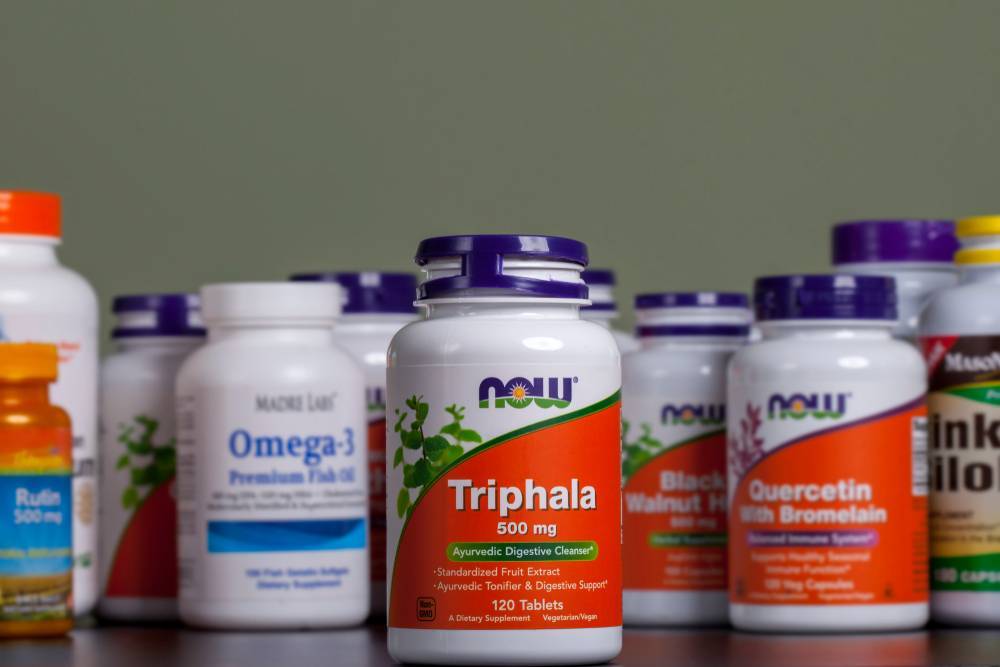Homoeopathy remains today a popular but controversial type of complementary or alternative medicine. Asians are among the many people worldwide who have been subscribing to homoeopathic treatment to cure a myriad of illnesses, from hair loss to skin and respiratory issues to mental health disorders.
Homoeopathic medicine is known in many parts of the globe that April 10th of every year has been designated World Homeopathy Day, an occasion dedicated to raising awareness of its contributions to conventional medicine. The celebration aims to bust myths and highlight its scientific basis, among others, amid criticisms of its ineffectiveness.
What makes it so popular and controversial at the same time? In celebration of World Homeopathy Day, let’s dive into this holistic form of treatment and answer some of your most frequent questions.
What is Homoeopathic Medicine and How Does it Work?
The term homoeopathy is taken from the Greek words “like” and “suffering.” At the very heart of this practice is the “like cures like” principle, or the Law of Similars, which states that the symptoms triggered by large doses of a certain substance may be cured when the same substance that has caused the sickness is given in small doses. The goal is to enable the body to turn on its self-healing ability.
A popular example is onion, which is known to irritate and cause the eyes to water. If you have a runny nose, common cold, or allergy that triggers the same symptoms, a homoeopathic remedy derived from onions may be prescribed.
People are drawn to homoeopathic remedies as an alternative to traditional medications because they are said to have no side effects.
Where Does it Originate?
The concept can be traced back to the 18th century when German physician Dr Christian Friedrich Samuel Hahnemann first explored and introduced the idea. World Homeopathy Day aptly takes place on his birthday in remembrance of the founder of homoeopathy.
Since the introduction of homoeopathy, the idea has spread across the world. The demand for a “like-cures-like” approach to health treatments has grown exponentially, with no signs of slowing down.
India is reported to have the biggest number of people opting for homoeopathic treatment for their chronic and acute health concerns. Figures from the Homeopathy Research Institute show that 100 million people in the country prefer homoeopathic medicine, with at least 200,000 registered homoeopathic doctors catering to their health needs.
The Indian government has also recognised it as the national system of medicine following the passage of the Homeopathy Central Council Act, 1973. Next to allopathy and ayurveda, homoeopathy is reported to be the country’s third most popular medical treatment method.
What are the Illnesses Addressed by Homeopathic Remedies?
Here are some illnesses addressed by homoeopathic products:
- Allergies
- Vertigo
- Digestive issues
- Headaches and migraines
- Respiratory symptoms
- Mental health disorders such as depression and anxiety
- Dysmenorrhea
- Bruises
- Toothaches
However, for serious diseases, including cancer, asthma and heart problems, using homoeopathic remedies is not recommended. When it comes to your health, it is always best to consult your doctor.
How are Homeopathic Remedies Made?
Homoeopathic remedies consist of herbs, plants, minerals, and animals, which include snake venom. The proponents argue that this fact makes them environmentally friendly, an important element at a time of mounting sustainability and environment-protection calls.
To enable their healing properties, these substances are diluted using water or alcohol and forcefully shaken (succussion) to ensure they are non-toxic, effective, and safe to consume. The dilution and succussion process is called potentization. If the substance becomes highly diluted during potentization, the more powerful it becomes.
The remedies are made in the form of tablets, sugar pellets, liquid drops, and many more, for easy consumption. Homoeopathic products can be purchased at drug stores and health food establishments at varying dosages and quality.
How do I Know Which Remedies are for Me?
According to the website of Natural Healers, naturopathic physicians are allowed to apply homoeopathic remedies as they normally undergo homoeopathy training classes and programs. Naturopathic doctors have similar schooling options as medical doctors, the website states, but they usually take homoeopathy and other additional courses in holistic healthcare modalities to add to their speciality.
When assessing their patients, naturopathic doctors evaluate the totality of their patient’s mental, emotional, and physical health to properly prescribe a homoeopathic treatment unique to their case. It has been said that there are more than 8,600 homoeopathic remedies available today.
Does Homeopathy Work?
This question remains a subject of debate. While some data support homoeopathy claims, other research works are not convinced when it comes to its biological impact or effectiveness. Other studies suggest that “homoeopathic remedies perform no better than placebos.” There are also no FDA-approved homoeopathic products to date, with one study recommending scientifically testing the methods and statements made by the proponents of alternative medicines, such as homoeopathy, whenever possible.
Conclusion
Despite the controversies, homoeopathy is worth looking into and will continue to sustain its momentum as people strive to improve the way healthcare is delivered and make it personalised with few side effects. However, it is always recommended to talk to your physician first before trying any remedies for your illness.
References
- https://nationaltoday.com/world-homeopathy-day/#:~:text=World%20Homeopathy%20Day%20is%20celebrated,its%20contributions%20to%20traditional%20medicine
- https://timesofindia.indiatimes.com/blogs/voices/despite-all-odds-homeopathy-continues-to-gain-popularity/
- https://www.hri-research.org/resources/essentialevidence/use-of-homeopathy-across-the-world/
- https://www.mountsinai.org/health-library/treatment/homeopathy
- https://www.webmd.com/balance/what-is-homeopathy
- https://asia.nikkei.com/Business/Science/Homeopathy-India-s-traditional-medicine
- https://www.nhp.gov.in/homoeopathy_pg
- https://www.mordorintelligence.com/industry-reports/homeopathy-product-market
- https://medicalchannelasia.com/ayurveda-how-to-practice-it-in-your-daily-life/
- https://www.fda.gov/drugs/information-drug-class/homeopathic-products
- https://www.naturalhealers.com/blog/homeopathy-training/
- https://www.vitacost.com/blog/homeopathic-remedies-and-their-uses/
- https://economictimes.indiatimes.com/news/new-updates/world-homeopathy-day-2023-meaning-significance-theme-and-all-you-need-to-know/articleshow/99358698.cms

